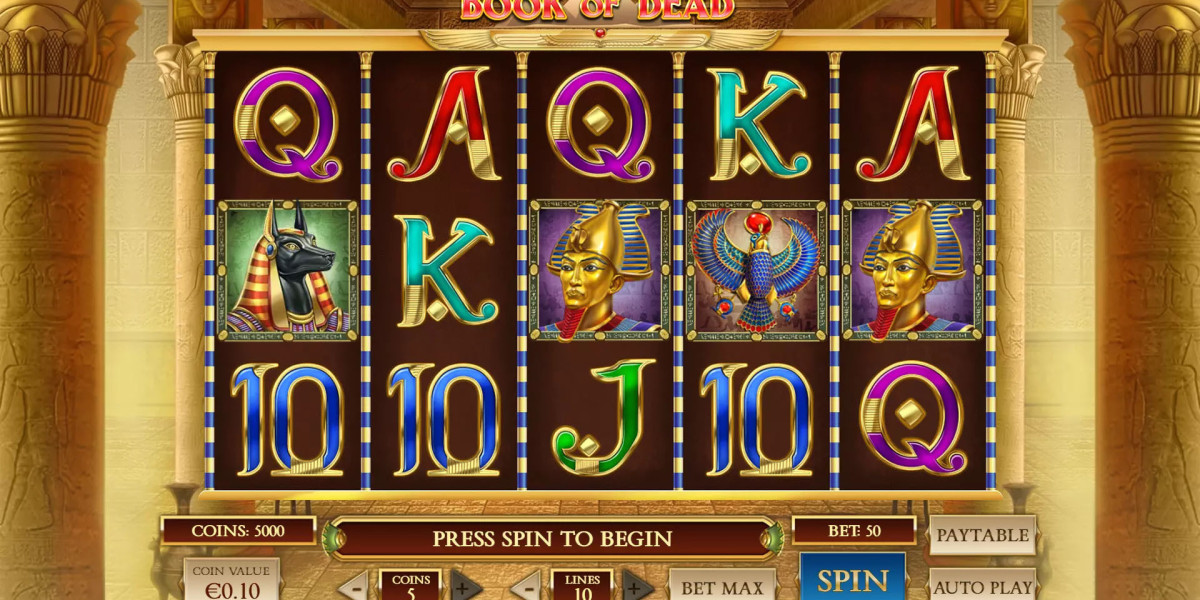The year is 2000. The internet is still relatively young, but its influence is rapidly expanding. Dot-com companies are experiencing a boom, and the digital world is becoming increasingly intertwined with everyday life. In this burgeoning environment, a new player emerged onto the online gaming scene: Golden Panda Casino. While not as globally recognized as some of the giants that would later dominate the industry, Golden Panda Casino carved a niche for itself, representing a significant step in the evolution of online casinos during this pivotal period.
This article delves into the history of Golden Panda Casino in the early 2000s, examining its key features, target audience, game offerings, marketing strategies, and the overall impact it had on the nascent online gambling industry. We will explore the technologies that underpinned its operations, the challenges it faced, and the reasons for its eventual rise and, ultimately, relative decline in prominence.

The Dawn of a Digital Casino:
Golden Panda Casino's emergence in 2000 aligned with a growing trend of traditional brick-and-mortar casinos exploring the online realm. The promise of accessibility, convenience, and lower operating costs made the internet an attractive proposition. Golden Panda, like many early entrants, aimed to capture a segment of the existing gambling market and attract new players who might be hesitant to visit physical casinos.
The platform itself was relatively simple compared to the sophisticated online casinos we see today. Graphics were rudimentary, and the game selection was limited. However, it represented a significant leap forward from text-based online games and offered a more immersive and engaging experience for players.
Target Audience and Market Positioning:
Golden Panda Casino primarily targeted English-speaking players in North America and Europe. Its marketing strategy focused on highlighting the convenience and accessibility of online gambling. Ad campaigns emphasized the ability to play favorite casino games from the comfort of one's home, avoiding the travel and social pressures associated with physical casinos.
The casino's branding, centered around the image of a golden panda, aimed to project an image of good luck, fortune, and trustworthiness. This was a crucial aspect of its marketing, as online gambling was still viewed with skepticism by many. Building trust and credibility was paramount to attracting and retaining players.
Game Offerings and Software:
The game selection at Golden Panda Casino in the early 2000s was relatively limited compared to modern online casinos. However, it included the classic casino staples:
Slots: A variety of classic three-reel and five-reel slot machines, often featuring simple graphics and limited bonus features. Popular themes included fruit slots, lucky sevens, and variations on classic casino themes.
Table Games: Blackjack, Roulette (both American and European versions), Baccarat, and various forms of poker were offered. These games attempted to replicate the experience of playing at a physical casino table, though with simpler visuals and less interactive elements.
Video Poker: Popular video poker variations like Jacks or Better, Deuces Wild, and Aces and Faces were included, providing players with a blend of skill and chance.
The software used to power Golden Panda app jeux casino was likely provided by one of the early online casino software developers, such as Microgaming or Cryptologic. These companies were pioneers in developing the platforms and games that underpinned the burgeoning online gambling industry. These early software platforms were often clunky and required dedicated downloads, but they laid the foundation for the more sophisticated and user-friendly platforms of today. The games were typically written in Flash or Java, technologies that were prevalent at the time.
Marketing and Promotion:
Golden Panda Casino employed a range of marketing strategies to attract players. These included:
Banner Advertising: Displaying banner ads on popular websites and search engines. This was a common form of online advertising at the time.
Affiliate Marketing: Partnering with affiliate websites to promote the casino. Affiliates would earn a commission for each player they referred to the casino.
Email Marketing: Sending promotional emails to potential and existing players.
Welcome Bonuses: Offering attractive welcome bonuses to new players upon registration and initial deposit. This was a crucial tactic for attracting new players in a competitive market.
Loyalty Programs: Implementing loyalty programs to reward regular players and encourage continued play.
The effectiveness of these marketing strategies varied. Banner advertising was often intrusive and ineffective, while affiliate marketing proved to be a more successful channel. Welcome bonuses and loyalty programs were crucial for attracting and retaining players.
Technology and Infrastructure:
The technology underpinning Golden Panda Casino was relatively basic compared to modern standards. The platform likely relied on a combination of:
Web Servers: Hosting the casino website and game software.
Database Servers: Storing player information, game results, and financial transactions.
Payment Gateways: Processing deposits and withdrawals using credit cards and other payment methods.
Random Number Generators (RNGs): Ensuring the fairness and randomness of game outcomes.
Security was a major concern, as online gambling was a prime target for fraud and hacking. Golden Panda Casino likely employed security measures such as encryption and firewalls to protect player data and financial transactions. However, security vulnerabilities were common in the early days of online gambling, and there were instances of casinos being hacked.
Challenges and Competition:
Golden Panda Casino faced a number of challenges in the early 2000s:
Lack of Regulation: The online gambling industry was largely unregulated at the time, which created uncertainty and increased the risk of fraud and scams.
Trust Issues: Many people were hesitant to trust online casinos with their money, due to concerns about fairness, security, and the legitimacy of the operations.
Technological Limitations: The technology available at the time was limited, which restricted the quality and sophistication of the games and the overall user experience.
Payment Processing Issues: Processing payments online was often difficult and expensive, as many banks and credit card companies were wary of the online gambling industry.
Increasing Competition: As the online gambling industry grew, Golden Panda Casino faced increasing competition from other online casinos, some of which had deeper pockets and more advanced technology.
The competitive landscape was rapidly evolving. Established land-based casino operators began to enter the online market, bringing with them their brand recognition and marketing resources. Dedicated online gambling companies also emerged, focusing on innovation and aggressive marketing. Golden Panda Casino had to constantly adapt to stay competitive.
Impact and Legacy:
While Golden Panda Casino may not be a household name today, it played a significant role in the early development of the online gambling industry. It demonstrated the potential of online casinos to reach a wider audience and provide a convenient and accessible gambling experience.
Golden Panda Casino's success, however fleeting, contributed to the growing acceptance of online gambling and paved the way for the more sophisticated and regulated industry that exists today. It helped to shape the expectations of players and set a benchmark for other online casinos to follow.
Reasons for Relative Decline:
Several factors likely contributed to Golden Panda Casino's eventual decline in prominence:
Lack of Innovation: The casino may have failed to keep pace with the rapid technological advancements and innovations in the online gambling industry.
Marketing Ineffectiveness: Its marketing strategies may have become less effective over time, failing to attract new players or retain existing ones.
Increased Competition: The growing competition from larger and more established online casinos likely made it difficult for Golden Panda Casino to maintain its market share.
Regulatory Changes: Changes in regulations and licensing requirements may have made it more difficult or expensive to operate the casino.
Acquisition or Merger: It's possible that Golden Panda Casino was acquired by another company or merged with another online casino, resulting in a change of branding or operational focus.
Conclusion:
Golden Panda Casino's journey in the early 2000s reflects the dynamic and transformative nature of the online gambling industry during that period. It was a time of experimentation, innovation, and rapid growth, but also of challenges, uncertainties, and intense competition. While it may not have achieved the same level of success as some of its competitors, Golden Panda Casino played a valuable role in shaping the industry and demonstrating the potential of online gambling. Its story serves as a reminder of the pioneers who helped to create the online casino landscape we know today. It represents a valuable case study in the evolution of online gaming, highlighting the importance of innovation, adaptability, and building trust in a rapidly changing digital world.









